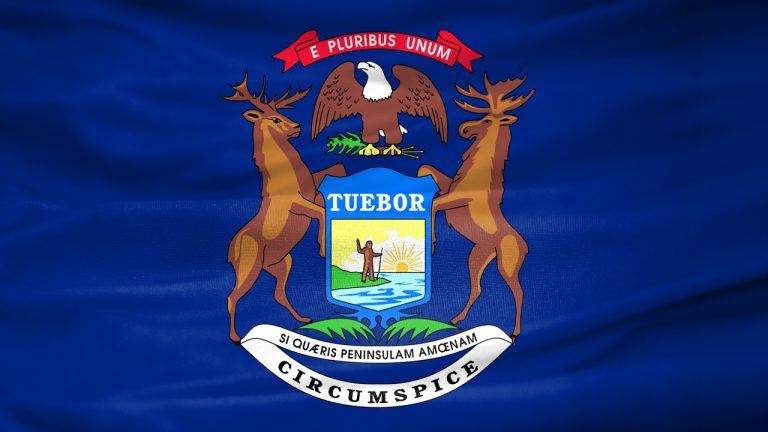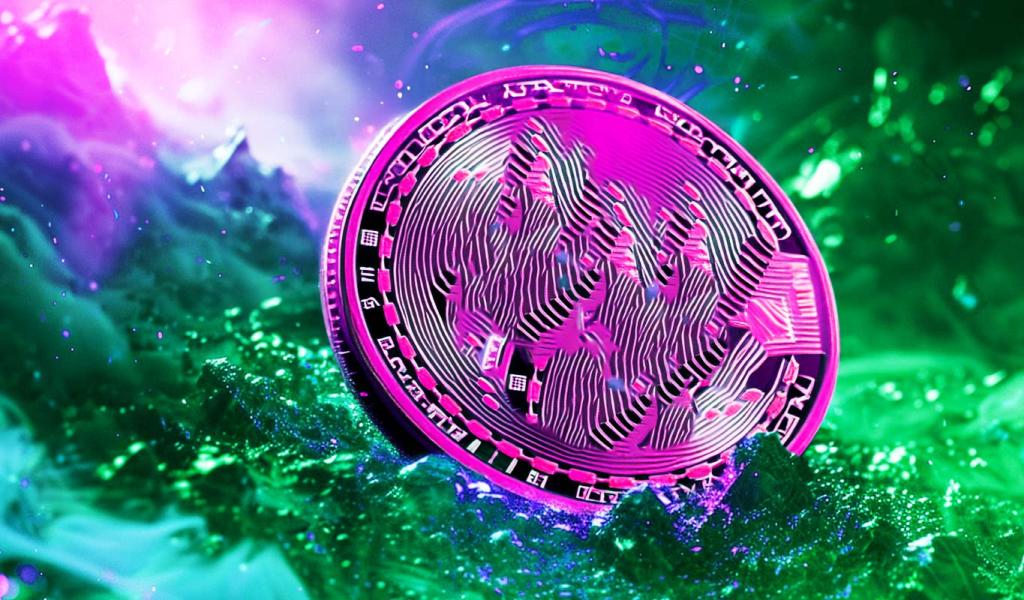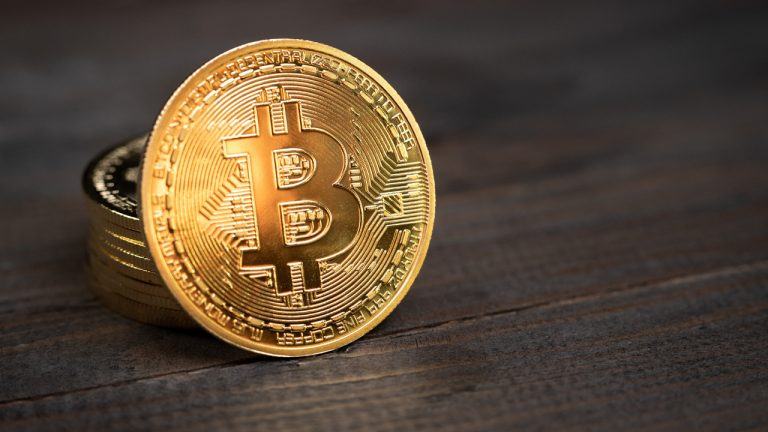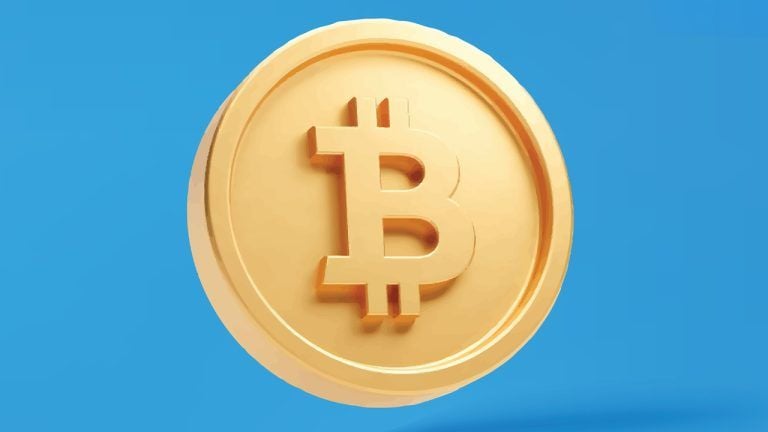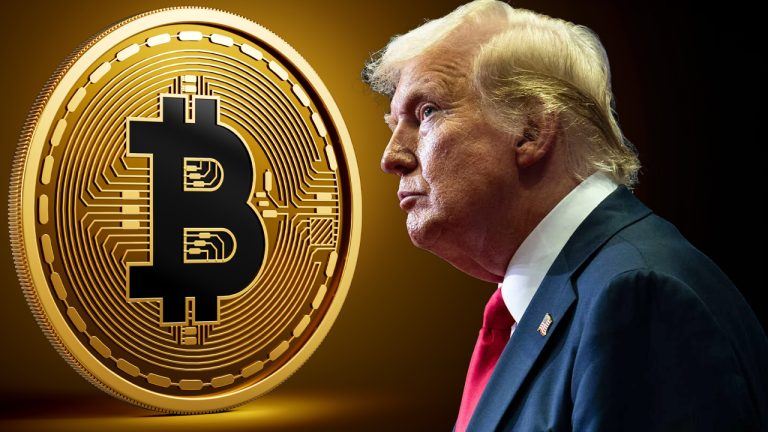

What Is the Future of the Blockchain?
There is a lot of talk about blockchains these days. They are everywhere: in corporate boardrooms, media outlets, and on your iPhone’s and laptops. But what exactly is a blockchain? How does it help us understand the future of the Internet? This article will explore these questions and more.
A distributed ledger technology such as the Blockchain is a new internet application that provides users with a way to transact information directly between networks. It does this through the use of digital currency and smart contracts that can be programmed by users themselves. Transactions made through the Blockchain are transparent, verified, and recorded by all participants in the system. This is done without the use of a central administrator, which makes the Blockchain ideal for use in networks where there needs to be a decision-making authority. Unlike peer-to-peer lending or networks such as Bit Cooperative, which relies on a handful of large financial institutions to mediate new data transactions, the Blockchain is operated by every participant in the network. This reliance on every participant guarantees that no individual or company will have the ability to manipulate the network.
The backbone of the Blockchain is a public Ledger, or database, called the Blockchak. The Blockchak is maintained by a group of independent computers, each of which runs a different version of the ledger software. A Blockchak is accessible to everyone who wishes to view it via the network, meaning anyone can join (or leave) the ledger at any time. Unlike other financial technologies, the use of the Blockchain allows instant transaction confirmation and transfer. This means you can fill out a simple form, submit some documents, and get money into your account within twenty-four hours.
In addition to the real-world usage of the Blockchain, the distributed ledger technology is also being used in the virtual world. Several different websites use the Blockchain as the basis for their online economies. In fact, the latest buzz regarding the future of the Internet relates to the use of the Blockchain as the basis for a type of digital “utility currency” known as “ether.”
But even though blockchains have been adapted for use outside of the financial industry, they are ideal for use in the financial industry. In fact, the most prominent use of the Blockchain is the peer-to-peer lending and finance industry. Peer-to-peer lending is when one person lends funds to another person, with both parties agreeing to put their monetary value onto the loan. Blockchains allow for a sort of unsecured loan where the lender agrees to backstop the borrower’s funds if they fail to pay.
However, there is currently very little evidence of widespread use of the Blockchain outside of the finance industry. Experts in the field of decentralized systems believe the best way to use the Blockchain is through the development of an open source protocol based on the bitcoin protocol. Although there is much less evidence of the use of the Blockchain outside of the finance industry, it is clear that there is tremendous potential for this technology to reshape how we do business and transfer money around the world. The e Ethereum chain is the most likely platform for the successful implementation of the Blockchain technology in the future. With several hundred users already active on the ethereal network, it is clear that this technology has the ability to transform the way people move money around the world.

